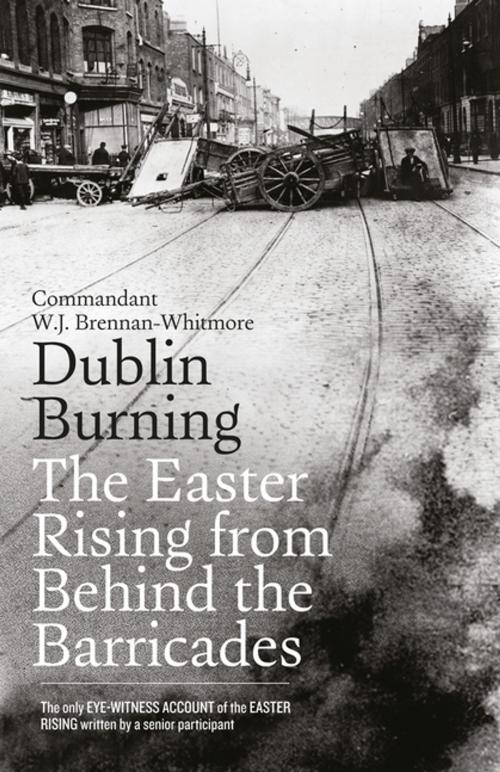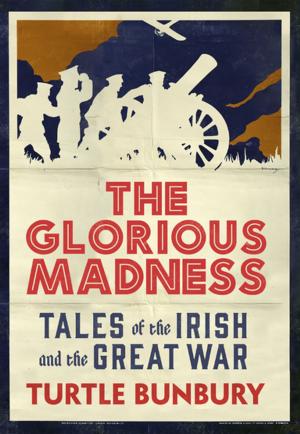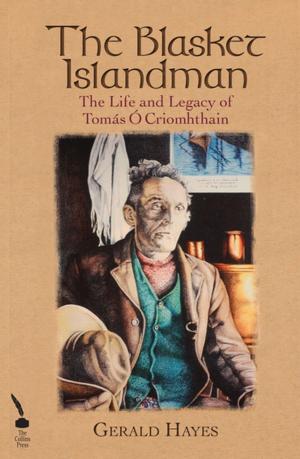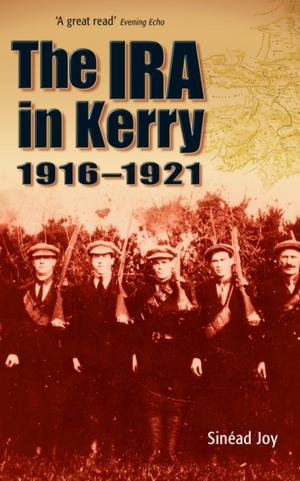Dublin Burning: The Easter Rising From Behind the Barricades
The Only Eye-Witness Account of the Easter Rising written by a senior participant
Nonfiction, History, Military, Veterans, Ireland| Author: | W.J. Brennan-Whitmore | ISBN: | 9780717159284 |
| Publisher: | Gill Books | Publication: | September 6, 2013 |
| Imprint: | Gill Books | Language: | English |
| Author: | W.J. Brennan-Whitmore |
| ISBN: | 9780717159284 |
| Publisher: | Gill Books |
| Publication: | September 6, 2013 |
| Imprint: | Gill Books |
| Language: | English |
Dublin Burning is a vivid, clear-eyed account of the 1916 Rising and is the most complete account we have from a senior participant. No other senior Volunteer figure has left a similar memoir of Easter Week.
Commandant W.J. Brennan-Whitmore was officer commanding the Volunteer position at the head of North Earl Street, an outworking of the GPO garrison. Its purpose was to delay and frustrate any attempt by the British to deploy reinforcements coming from Amiens Street railway station (now Connolly).
Commandant Brennan-Whitmore and his men held this position for over seventy-two hours until forced out by British artillery. He and his troops attempted to retreat northwards through the slums, hoping to reach the safety of the suburbs. But he and his men were not Dubliners and were unfamiliar with the city. They were captured in a tenement where they had taken refuge and were interned in Frongoch in Wales until 1917.
Brennan-Whitmore’s book is a unique document, one of the most valuable accounts of the Rising available to us.
Dublin Burning is a vivid, clear-eyed account of the 1916 Rising and is the most complete account we have from a senior participant. No other senior Volunteer figure has left a similar memoir of Easter Week.
Commandant W.J. Brennan-Whitmore was officer commanding the Volunteer position at the head of North Earl Street, an outworking of the GPO garrison. Its purpose was to delay and frustrate any attempt by the British to deploy reinforcements coming from Amiens Street railway station (now Connolly).
Commandant Brennan-Whitmore and his men held this position for over seventy-two hours until forced out by British artillery. He and his troops attempted to retreat northwards through the slums, hoping to reach the safety of the suburbs. But he and his men were not Dubliners and were unfamiliar with the city. They were captured in a tenement where they had taken refuge and were interned in Frongoch in Wales until 1917.
Brennan-Whitmore’s book is a unique document, one of the most valuable accounts of the Rising available to us.















